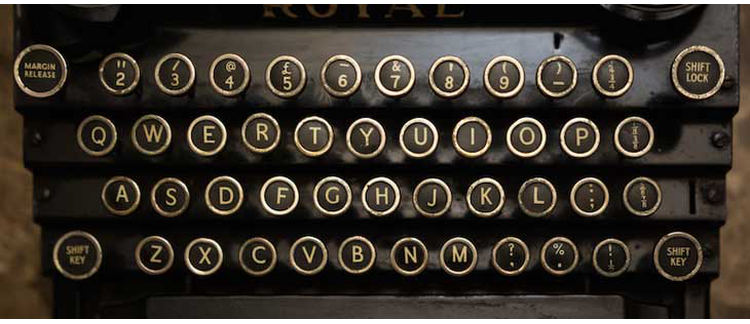Abstract
Although war is horrible, many British and American women discovered during the Second World War that it could also be quite liberating. The need for men in the armed services created a tremendous demand for personnel both on the home front and in the military. Many women drove trucks, worked in factories and ran offices. Women also became ferry pilots, served in auxiliary branches of the armed services, and went overseas as medical personnel, primarily nurses. British women had their own versions of Rosie the Riveter; they also became land girls (agricultural workers) or worked in civil defense with the ARP (Air Raid Precaution) or AFS (Auxiliary Fire Service). Societal expectations for gender-appropriate behavior loosened considerably as the war went on: "women were initially resisted, then grudgingly accepted, finally taken for granted" (Ziegler 184). Jessica Swanlake, in Gravity's Rainbow, exemplifies a woman whose life is transformed, at least briefly, for the better by the social upheaval caused by the Second World War.
How to Cite:
E. Parry, S., (2002) “"Catching the War": Jessica Swanlake's Brief Liberation”, Pynchon Notes , 97-107. doi: https://doi.org/10.16995/pn.73
Downloads:
Download PDF

